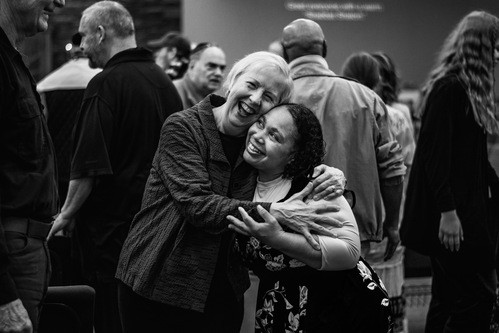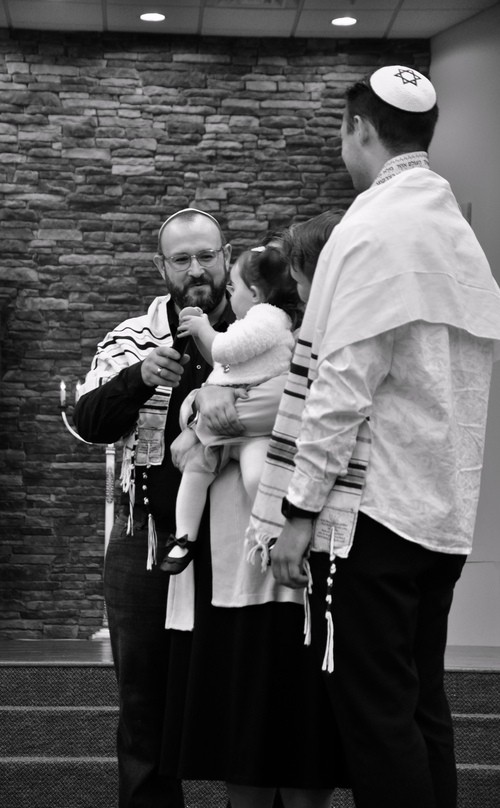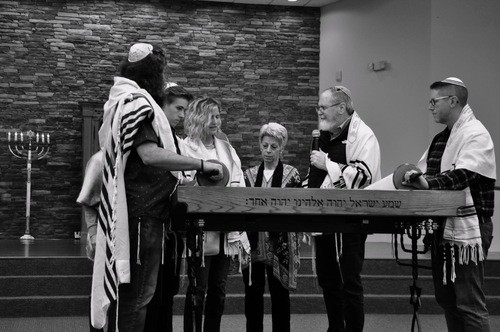
Our Values
We value honesty and integrity. Our goal is to conduct all congregational business consistent with Scripture and the guidelines of Tikkun America to magnify the name of Yeshua HaMaschiach and His Kingdom. We value community.
Our primary principle is to serve others. We desire to exhibit the Fruit of the Spirit (Galatians 5:22; Love, Joy, Peace, Patience, Kindness, Goodness, Faithfulness, Gentleness and Self-Control) in both our internal and external service.
We value unity. We desire to emphasize a spirit of “consensus,”by exercising a willingness to hear various points of view, rather than “majority vote,” whenever decisions are made. This will help to avoid the appearance of “winners” and “losers” and build unity in the congregation rather than factions.
We value respect. We endeavor to treat every person with respect to create the “unity of the spirit in the bond of peace.” (Ephesians 4:3)
We value the Gifts of the Spirit. This includes the Five-fold Ministry Gifts of Ephesians 4:11-13, the Motivation Gifts of Romans 12:6-8, and the Manifestation Gifts of 1 Corinthians 12:8-11.
We value accountability. We maintain strong connections with, support of, and submission to oversight by Tikkun America.
Our primary principle is to serve others. We desire to exhibit the Fruit of the Spirit (Galatians 5:22; Love, Joy, Peace, Patience, Kindness, Goodness, Faithfulness, Gentleness and Self-Control) in both our internal and external service.
We value unity. We desire to emphasize a spirit of “consensus,”by exercising a willingness to hear various points of view, rather than “majority vote,” whenever decisions are made. This will help to avoid the appearance of “winners” and “losers” and build unity in the congregation rather than factions.
We value respect. We endeavor to treat every person with respect to create the “unity of the spirit in the bond of peace.” (Ephesians 4:3)
We value the Gifts of the Spirit. This includes the Five-fold Ministry Gifts of Ephesians 4:11-13, the Motivation Gifts of Romans 12:6-8, and the Manifestation Gifts of 1 Corinthians 12:8-11.
We value accountability. We maintain strong connections with, support of, and submission to oversight by Tikkun America.



